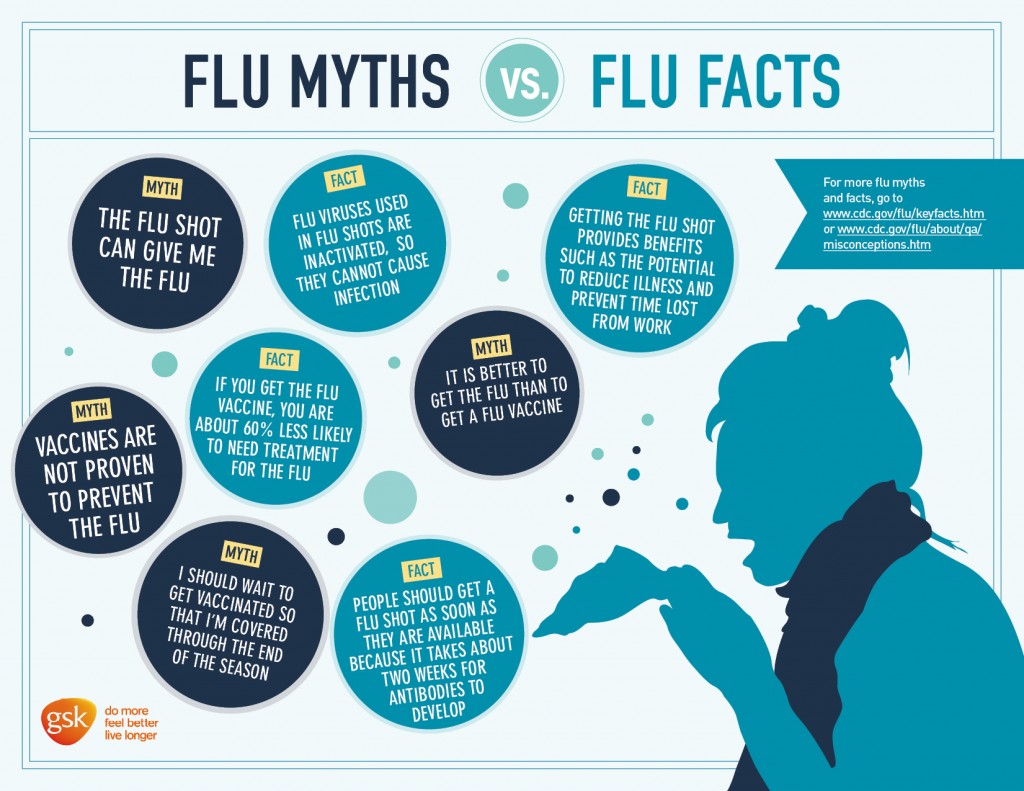Criteria for BRCA1 and BRCA2 testing Individual with any of the following. If you are concerned that you may have a BRCA gene change talk with your doctor.
 Myriad Genetics Products Services Bracanalysis
Myriad Genetics Products Services Bracanalysis
BRCA 1 and 2 testing is considered medically necessary when an individual with cancer meets any of the following criteria.

Brca testing criteria. It is very important to have genetic counselling both before and after this test. Other health professionals take a more nuanced view. Aged 2029 years who have not had genetic testing but have a greater than 30 probability of being a BRCA carrier.
Cancer in both breasts. BRCA1 and BRCA2 mutation testing should be considered for individuals with a personal or family history that suggests the presence of a harmful BRCA1 BRCA2 mutation. Testing for BRCA1 BRCA2 and other inherited gene mutations requires a blood or saliva sample.
It can help you understand the benefits risks and possible outcomes of the test. Eligibility criteria for BRCA testing were related to personal history and family history of cancer. Healthcare system is not equipped to appropriately handle such a vast screening undertaking said John E.
Genetic tests addressed in this document include BRCA1 and BRCA2 mutations and large genomic rearrangements of DNA in the BRCA1 and BRCA2 genes BRACAnalysis Rearrangement Test. Moreover the NICE cost evaluation noted that testing was cost effective at. Women with the faulty BRCA1 gene for example have a 60 to 90 lifetime risk of breast cancer and a 40 to 60 risk of ovarian cancer.
Although private payers covered BRCA testing for persons with and without cancer the local Medicare carrier in our study only covered testing for persons with cancer. You can get this testing through your health care provider or a genetic counselor. Some of the risk factors include.
In other words out of every 100 women with the faulty BRCA1 gene between 60 and 90 will develop breast cancer in their lifetime and between 40 and 60 will develop ovarian cancer. If this happens the chance of a BRCA gene mutation being responsible for your cancer history is small. BRCA gene variants are inherited in an autosomal dominant fashion through maternal or paternal lineage.
The National Comprehensive Cancer Network NCCN has criteria for genetic testing of BRCA1 and BRCA2 as well as for several other genes including CDH1 PALB2 PTEN and TP53 that are associated with increased risk of breast andor ovarian cancer 23. They believe that all women should be tested for BRCA1 and BRCA2. These criteria are given in Protocol 2 10 threshold.
Critics of the new recommendations say they dont go far enough. It is possible to test for abnormalities in. Lee MS LCGC program manager at the Genetic.
Aged 2029 years with a known BRCA1 or BRCA2 mutation. Individuals that meet the threshold for full BRCA testing. A personal history of breast cancer and meet certain criteria related to age of diagnosis type of cancer presence of certain other cancers or cancer in both breasts ancestry and family health history Genetic testing for hereditary breast and ovarian cancer looks for mutations in the BRCA1 and BRCA2 genes.
There are a variety of screening tools to help assess the risk of having a BRCA mutation. However other genetic factors could be involved if you have a family history of cancer. You may still be eligible to have breast screening at a younger age than is usually offered to women in the general population.
Living affectedindividual proband with breast or ovarian cancer where the individual - family history meets one of the criteria. Aged 5069 years who have not had genetic testing but have a greater than 30 probability of being a BRCA or a TP53 carrier unless mammography has shown a dense breast. Most health plans will cover the cost of genetic testing if you meet the conditions for testing.
A Has a history of ovarian carcinoma See Note 1. NHS England will commission genetic testing for breast cancer genes 1 and 2 BRCA1 and BRCA2 in those that have a pre-BRCA1test and BRCA2 carrier probability risk of 10 or more as recommended in NICE clinical guidelineCG 164 in accordance with the criteria. However empirically the mutation detection rate has been 10 using these criteria.
Its best to have genetic testing done in a clinically-approved lab certified by the Clinical Laboratory Improvement Amendments CLIA 155. This document addresses BRCA genetic testing DNA testing for individuals who are at higher than average risk for the development of cancer.
